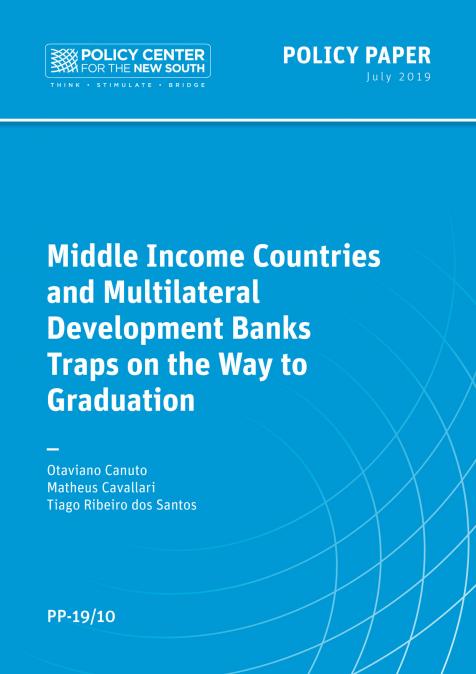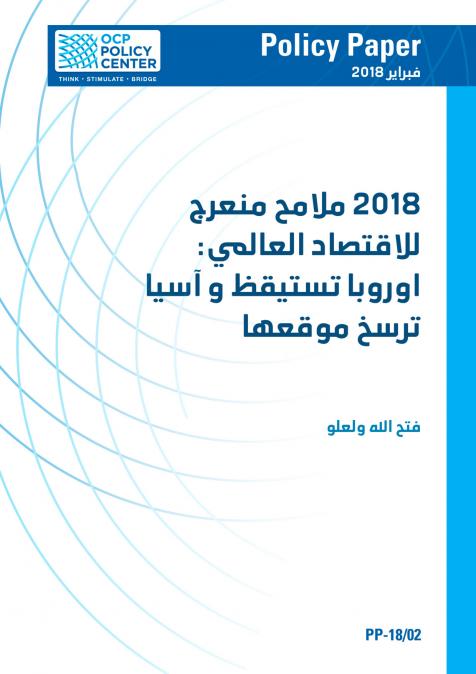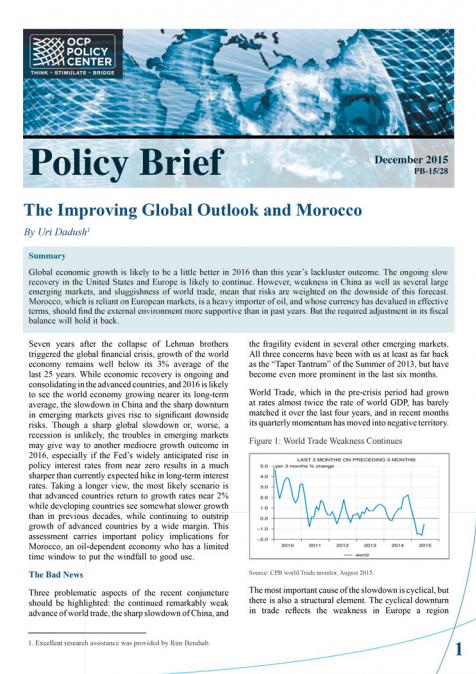Publications /
Opinion
Turkey has been approaching a crossroads for some time now. Soon enough it will have to choose a direction.
On April 16, 2017 Turks will vote in a referendum on President Recep Tayyip Erdogan’s proposed constitutional amendment that would shift the country’s power center from a parliamentary system to a presidential one.
If successful, not only would this further consolidate power in the executive’s hands—in this case Erdogan himself—but it would also pave the way for him to remain in this capacity for potentially another decade.
At the moment, polling suggests uncertain prospects for the amendment, with even Erdogan’s AKP party divided on the issue. However, the government could intensify pressure on opposition forces, and it remains unclear how (or if) Erdogan would accept a defeat.
Turkey at the Crossroads Part 1: The rules of the Game
Still facing the aftershocks of a failed coup attempt on July 15, 2016, Turkey’s democracy continues undergo vicissitudes. But the Erdogan government might have at least hoped to lean on its strong business credentials to weather the storm. However, Turkey's previously strong economy may no longer be a sure bet. Lingering threats have reemerged in the form of low productivity and the crowding out of the private sector, while new challenges have come to light, such as the influx of millions of refugees that have sought asylum in Turkey.
It’s an unforeseen turn of events. Turks may be divided on President Erdogan’s politics, but they usually agree on one thing - in his early years, his administration was great for the economy. As Turkish economist Daron Acemolgu explained in our interview, Erdogan’s economic success can be divided into two periods. The first, from 2002 to 2006, was defined by high quality, sustainable growth. “It was fueled by investment,” Acemoglu stated. “You had economic growth that took place for about five years at rates that were pretty unusual for Turkey for such an extended period of time.”
Crossroads Turkey Pt. 2 – Inside the Economy
Moreover, during this heady growth period, the government kept inflation low and its fiscal house in order, two things that are not exactly a given in the Turkish economy. In response, business - especially in the conservative heartland - flourished.
Today, the Turkish economy is still growing, but it is no longer experiencing the high quality, production-led growth associated with the period from 2002 to 2006. Instead, this growth is based on consumption, credit, and government-led construction.
This can’t last forever.
Acemolgu characterizes it as “the type of growth that neither will last nor will it help Turkey go to the next stage of economic development.”
A Complicated Neighborhood
Turkey’s economic concerns are not all domestic. Unfortunately, it lives in a very complicated neighborhood, and it faces spillover effects from struggling neighbors. For example, in the early 2000s, Erdogan looked to the Middle East as a growing trading partner and export destination for Turkish goods. Between 2006 and 2010, Turkish exports to Syria more than tripled. Since the onset of civil war in Syria, however, that number has fallen by almost half.
The issues that Turkey faces run deeper than trade as spillover security risks have become a crippling burden for Turkey's massive tourism industry. Tourism contributes about 12 percent of Turkish GDP, and in 2015, nearly 40 million tourists visited the country. Yet over the last year, Turkey has increasingly become a target for the Islamic State, which specifically targets locations popular with international tourists. Currently, tourists visiting southern cities in Turkey are down 50 percent. Many hotels and resorts are nearing bankruptcy.
Another spillover effect is that prolonged violence in Syria and Iraq led millions to seek refuge in Turkey. A 2016 deal between Ankara and the EU made it much harder for them to move on to Europe, and many are stuck in Turkey, where they struggle to find work. Turkey may be missing major economic opportunities as refugees are often highly qualified, well-trained, and talented. Yet lacking permission from the government, they cannot contribute to the economy—at least not to their fullest capacity.
The Kurdish Question – Crossroads Turkey Pt. 3
Turkey's economic ties to its neighbors to the west can be equally complicated. Spiking trade with the EU was a key ingredient to the Erdogan boom years, and between 2003 to 2008 exports to the EU increased by over 300 percent. Since then, however, they have increased just 7 percent. Part of this slow growth is due to Europe’s economic slump, but part of it is also political. Turkey had sought to join the European Union for years, but as this becomes increasingly unlikely, the two sides have drifted apart.
In the current environment, Erdogan is no longer striving to prove Turkey is ready for the EU and many believe that this course has rendered Turkish accession extremely unlikely, at least in the near term. From a purely economic standpoint, a political falling out would be a shame. The European Union is the most important trading partner for Turkey, and 40 percent of Turkey’s exports are destined for European countries. Turkey has increasingly become a part of European production chains for manufacturing as well. If political ties are not deepened, these economic links may not reach their full potential.
In the meantime Turkey’s economy continues to grow, and the country maintains its momentum. But as Turks prepare to take to the polls to address a political crossroads, they must not lose track of the economic crossroads bearing down on them from beyond the bend.
Otaviano Canuto is an Executive Director at the World Bank. All opinions expressed here are his own and do not represent those of the World Bank or of those governments he represents at the World Bank Board
Samuel George is the is the Global Markets Advisor for the Bertelsmann Foundation, and author of The Crossroads video series, a collaboration of the Bertelsmann Foundation and the Global Economic Dynamics Project of the Bertelsmann Stiftung.





